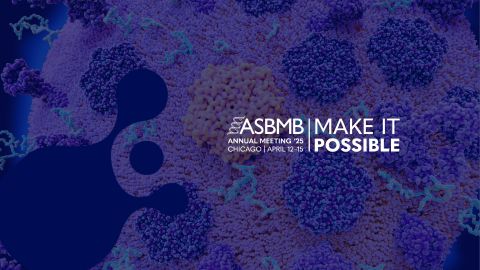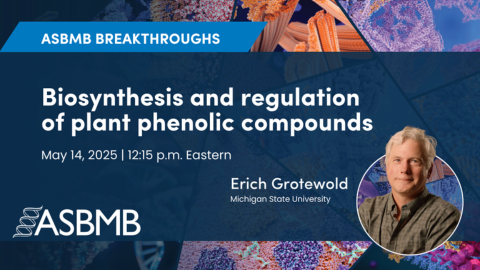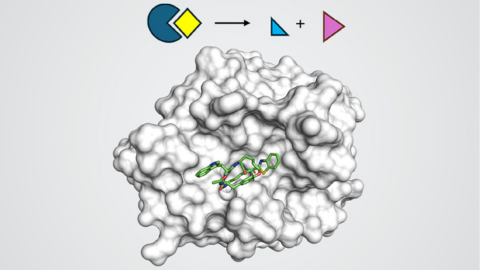Understanding the inner workings of biological machines
Many biological macromolecules assemble into complexes to perform their physiological functions. These molecular machines range in complexity from relatively simple molecules to large macromolecular assemblies, and they are designed to perform specific tasks within the cell. This thematic session will cover exciting new advances in our understanding of the structure, function and engineering of molecular machines. The session will encompass the wide range of molecular assemblies that accomplish diverse and often essential tasks within a cell, including molecular motors responsible for protein processing and vesicle trafficking as well as supramolecular complexes mediating energy transduction, transport and protein synthesis.
Presentations in this track will cover a wide range of experimental and technical approaches, such as advances in structural biology (cryo-electron microscopy, X-ray crystallography and nuclear magnetic resonance spectroscopy), single molecule biophysics and super-resolution imaging. It also will cover novel conceptual advances, including new insights into the design of natural and synthetic molecular machines and how energy is transduced to power biological nanomachines at the molecular level.
Keywords: molecular motors, protein complexes, transporters, force generation and transduction, supramolecular assemblies.
Who should attend: those fascinated by structure–function relationships in biological systems, how macromolecules undergo modular assembly and what kinds of energetic input power the work of molecular machines.
Theme song: “Ghosts in My Machine” by Annie Lennox.
This track is powered by ATP and ion gradients.
Talks
- Single molecule biophysics — Carlos Bustamante, University of California, Berkeley
- Myosin: Structure, function, regulation and disease — Michelle Peckham, University of Leeds
- Watching a fine-tuned molecular machine at work: Structural and functional studies of the 26S proteasome — Andreas Martin, University of California, Berkeley
- Integrated 3D tomography and computational modeling to study forces in metaphase spindles — Stefanie Redemann, University of Virginia School of Medicine
- Functional assembly of the mitochondrial protein transport machinery — Nathan Alder, University of Connecticut
- Nascent protein selection and triage at the ribosome exit site — Shu-ou Shan, California Institute of Technology
- Structure of the alternative complex III from Flavobacterium johnsoniae in a supercomplex with cytochrome c oxidase — Robert Gennis, University of Illinois
- Special capabilities of the ribosomal machinery — Roland Beckman, Ludwig-Maximilians-Universität München
- Sugary coats: Synthesis and secretion of extracellular polysaccharides — Jochen Zimmer, University of Virginia
- Molecular assemblies of membrane remodeling and scission — James Hurley, University of California, Berkeley
- Hi-fi molecular transmission via crisscross cooperativity — William Shih, Harvard University
- Activation of the exocyst tethering complex for SNARE complex regulation and membrane fusion — Mary Munson, University of Massachusetts Medical School
Enjoy reading ASBMB Today?
Become a member to receive the print edition four times a year and the digital edition monthly.
Learn moreFeatured jobs
from the ASBMB career center
Get the latest from ASBMB Today
Enter your email address, and we’ll send you a weekly email with recent articles, interviews and more.
Latest in Careers
Careers highlights or most popular articles

Engineering the future with synthetic biology
Learn about the ASBMB 2025 symposium on synthetic biology, featuring applications to better human and environmental health.

Host vs. pathogen and the molecular arms race
Learn about the ASBMB 2025 symposium on host–pathogen interactions, to be held Sunday, April 13 at 1:50 p.m.

Richard Silverman to speak at ASBMB 2025
Richard Silverman and Melissa Moore are the featured speakers at the ASBMB annual meeting to be held April 12-15 in Chicago.

Women’s History Month: Educating and inspiring generations
Through early classroom experiences, undergraduate education and advanced research training, women leaders are shaping a more inclusive and supportive scientific community.

Upcoming opportunities
Register for the May 14 ASBMB Breakthroughs webinar on biosynthesis and regulation of plant phenolic compounds.

Upcoming opportunities
Save the date for ASBMB's virtual meeting on nucleophilic proteases. Reminder: Get your ticket for #ASBMB25's closing reception at the Griffin Museum of Science and Industry before it sells out!


